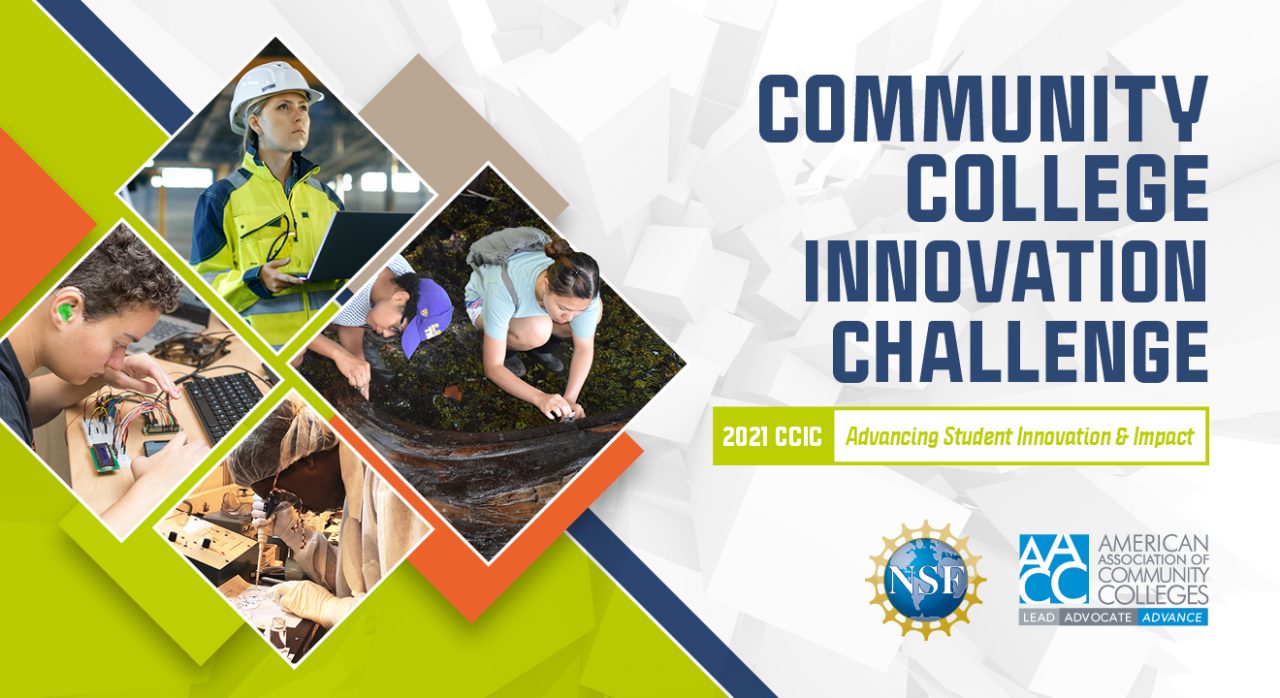Tarrant County College has been named one of 12 finalist teams that will advance to the next phase of the Community College Innovation Challenge (CCIC), an annual national competition powered by the American Association of Community Colleges (AACC) and the National Science Foundation (NSF). CCIC seeks to advance student impact through STEM solutions to real-world challenges that foster the development of students’ innovation, research and entrepreneurial skills.
“I am delighted that our team, which includes two students, has been selected as a finalist for the Community College Innovation Challenge,” said TCC Northwest President Zarina Blankenbaker. “The project is helping these students utilize critical thinking and teamwork to develop STEM-based solutions that address real-world problems. This is an example of how our College continues to focus on advancing integrative learning to help students make better connections across disciplines, with the goal of cultivating innovation and entrepreneurship.”
Teams for the CCIC consist of two to four students, a faculty mentor and an industry partner. The challenge requires teams to assess their innovation’s potential impact, identify its scientific and market feasibility and determine its social relevance.
TCC Northwest’s four-member team features sophomores Grace Farver and Logan Vincent and faculty mentors Greta Bowling (professor of biology) and James Hobbs (professor of geology). Working together, often remotely due to COVID-19, the team was able to collaborate and develop a noteworthy project.
“The team has developed an innovative solution to address honeybee Colony Collapse Disorder (CCD),” said Hobbs. “This project focuses on an autonomous mushroom cultivation system that grows mycelia of a common mushroom on a honeycomb frame within beehives. Having unlimited access to the mycelia, bee colonies increase their viral resistance, thus preventing further population decline. The improvements in bee colony health overall can lead to strengthening the global economy, improving Earth’s ecosystems and ensuring a sustainable future for humankind.”
The Virtual Innovation Boot Camp will take place June 14 through 17 and will provide professional development, mentoring and coaching designed to build strategic communication and entrepreneurial skills to help students advance their innovations in both the private and public sectors. Students will participate in sessions about commercializing ideas, using technology for social applications, communicating with stakeholders, refining a pitch and more. The Virtual Innovation Boot Camp culminates in a virtual poster session and engagement opportunity with STEM leaders and Congressional stakeholders, and a pitch presentation in front of a panel of esteemed industry professionals to determine the first, second and third-place winning teams.
“The CCIC is an excellent opportunity to highlight the caliber of students we have here at TCC,” said Bowling. “We are proud to support their ingenuity and entrepreneurial spirit as they represent TCC on the national stage.”
Launched in 2015, CCIC was created to broaden community college participation in STEM and innovation to prepare students for meaningful employment in the high-technology fields that drive our nation’s economy.
To learn more, visit www.aaccinnovationchallenge.com. Stay up-to-date on our team’s progress by following #CCIChallenge2021

